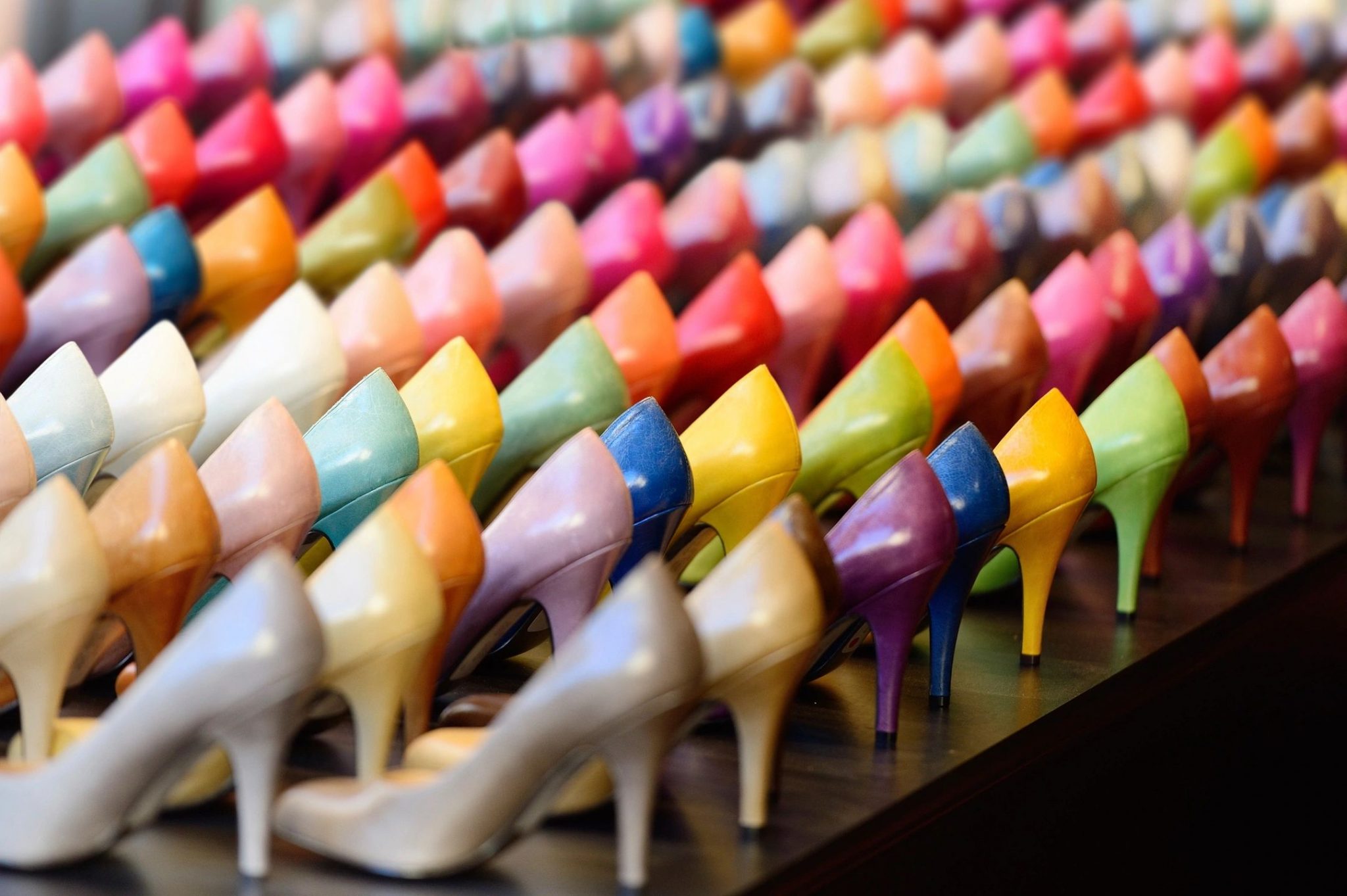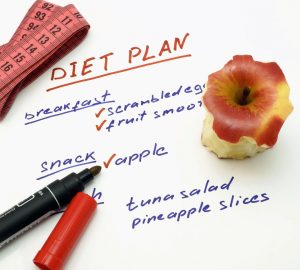Comparing your body to others
Do you find yourself comparing your body to others or to a version of your younger self? Learning how to stop comparing your body to others is part of recovery.
We compare in areas of life where we are the most insecure.
To be clear, YOU are not comparing your body to others. The eating disorder is. If you want to learn how to stop comparing your body to others, the first step is to be aware of when it’s happening.
The eating disorder looks for examples of ways you are not good enough and body comparison fits the ticket.
YOUR job is to minimize those body comparison opportunities and know how to respond when you do find yourself comparing your body to others.
Comparison isn’t always bad.
Social comparison theory suggests we use comparison to determine our opinions and abilities. The trouble is when body comparison is used to determine self-worth.
Below are five tips on how to stop comparing your body to others.
#1 Filter your feed
You’ve likely heard this before, but have you done it?
If you find yourself body comparing often, there’s an easy fix. Filter out those who make you feel more insecure.
The best way to do this is to NOTICE how you feel after viewing someone’s picture or caption on social media.
Do you feel inspired? Great, continue to follow her or him.
Do you feel lousy? Okay, listen to that feeling and either MUTE them or UNFOLLOW them.
Also, when you unfollow someone, remember that it is about YOU. It’s not about them.
Selfie Sally could be the most lovely person on the planet and maybe one day you’ll be inspired by her content.
But for right now, you want to stop comparing your body to others. So, Selfie Sally is not serving you. Don’t over think it. Click unfollow or mute.
#2 Detach yourself from the body
When we compare our bodies to others, we give the body itself power. Not the person.
We assume that a certain sized body will lead to happiness, peace or sailing around Italy. When the reality that we have no idea what’s going on in someone’s life. You can not determine how happy someone is by their body.
When you value your body, you allow it to dictate how you feel. Poor body image today? Have a bad day. Good body image? Be in a good mood throughout the day.
Listen to me here. Do not give your body this much power. Your body – something that is guaranteed to change – does not get to determine who you are and how you live your life. So go book that trip to Italy!
The body is temporary. It houses our soul, our spirit, our being.
Just like a car takes us from one place to another, the body is transportation for our essence. Detach yourself from the body in the same way you would a belonging.
Like a car, your body will change with the seasons. It will grow, and at times be softer, it will get sick sometimes and require a tuneup.
You do not revolve your life around your car. Do not revolve your life around your body.
#3 Appreciate your body for what it can do
Notice I said appreciate and not LOVE your body.
Self love often gets confused for body love. Instagram models talk about how they love their cellulite or stretch marks. Good for you to embrace it!
However, loving your body to the extreme or not at all can be dangerous. You are attaching your identity to your body in either scenario.
Loving WHO you are is what you strive for. Because, again, the body carries YOU. Love the people inside the car, not the car.
Instead of focusing on loving all areas of your body, focus on accepting your body for what it can do.
Make a list of everything your body allows you to do. What a gift!
Once you see your body as temporary and as a blessing, you find ways to appreciate it.
My body allowed me to go on a bike ride with my daughter over the weekend. What can your body do that you love?
#4 Use comparison for good
Comparison can inspire, motivate and drive us to action. It can help us course correct.
I compare to other entrepreneurs who are further along than me. Instead of letting the comparison break me down, I use it to see what’s possible. I’m inspired and know that I can go further.
What if you allowed those who have found freedom to inspire you? To motivate you?
Body comparison is not ever going to serve you. There are so many different body types and it makes no sense to compare when it’s just not possible.
I unfollowed Kim Kardashian – not because I don’t like her or think she’s a bad person. But because I found myself wishing I had a bigger behind!
Also, the promotion of tummy teas was making feel angry. That mental energy was not worth my time. I want to spend my energy in other areas.
Every second you spend thinking about someone else and her body is time away from learning to love and accept yourself. It’s time away from living your life. Time away from achieving your dreams. It’s time away from recovery.
#5 Focus on recovery
As you recover, become more secure with yourself, and put less value on body size you will inevitably stop comparing your body to others.
Body comparison, whether it’s with yourself or with others, really does go away as you heal your relationship with food and yourself.
Don’t get me wrong, I still compare in other areas that aren’t entirely helpful. For example, I see other moms killing it and wonder if I’ll ever be as good as them. I see other entrepreneurs further along and question if I’ll get there.
In those moments, I become hyper aware and ask myself: do I need to unfollow this person or can I allow them to inspire me?






